Water Recycling
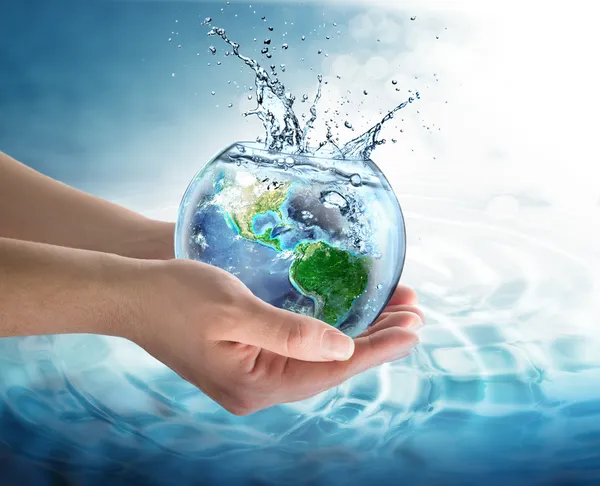
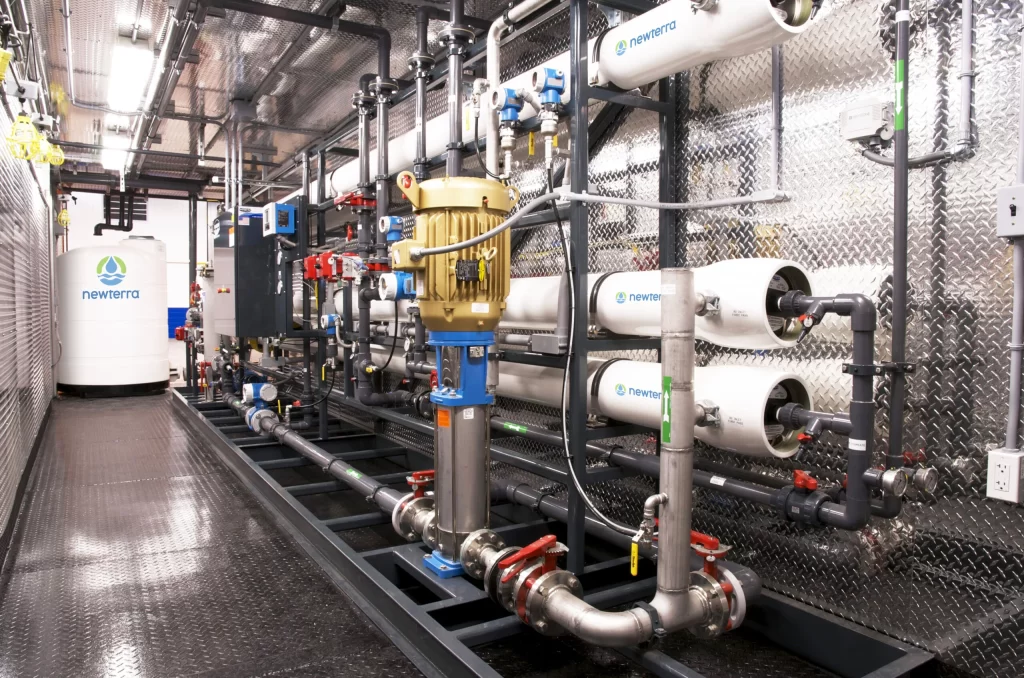
Potable Water System
Drinking water should be fresh, clean, and conditioned. We all have enough to worry about The proper sterilization ( or lack thereof ) of our water supply should not be one of them.
Oil Water Separators
An oil water separator is a piece of equipment used to treat Wastewater, making it safe to discharge Into an approved Discharge point, such as a sewer. It removes oils, grease and Hydrocarbons, leaving Only the non-hazardous water. The Wastewater can then disposed of safely in drainage.
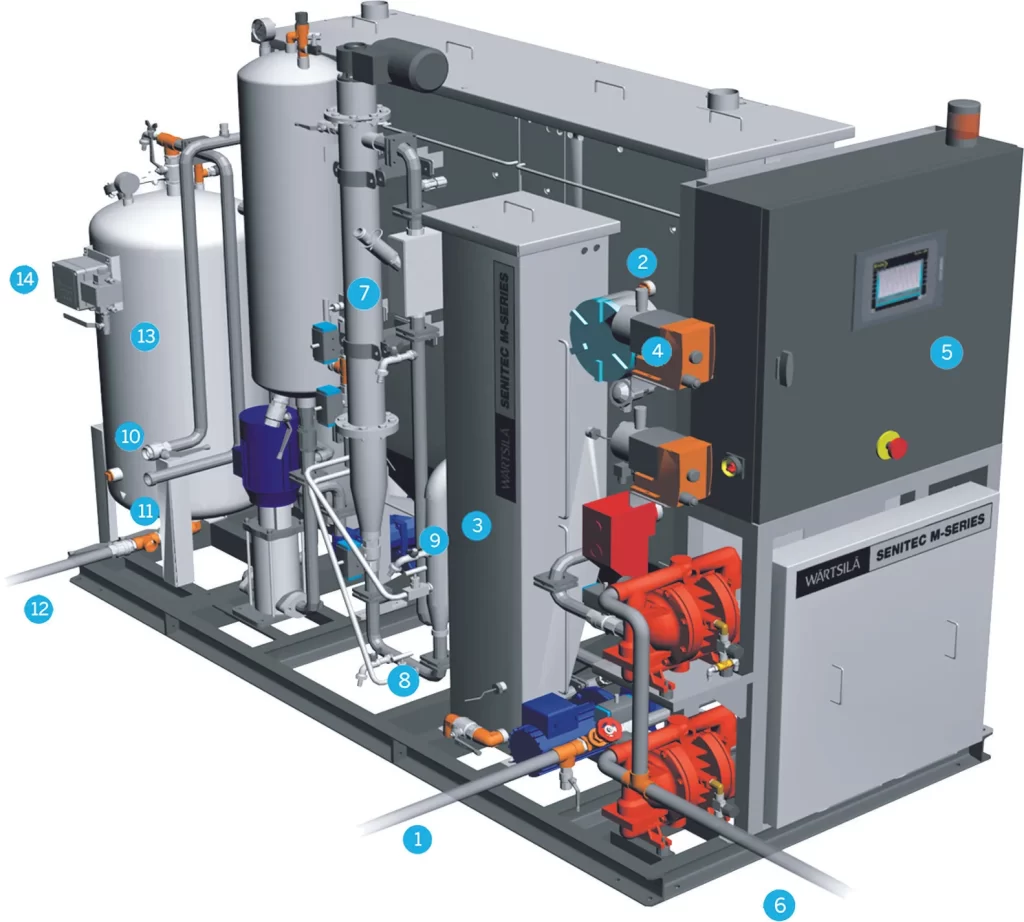
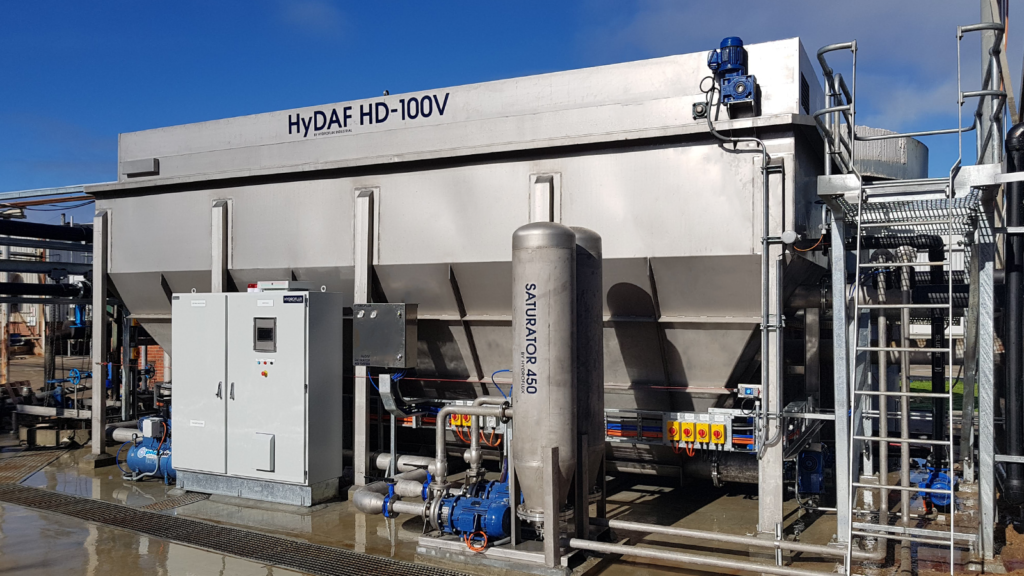
Dissolved Air Floatation
Dissolved air flotation is an alternative clarification Process ideal for treating raw water with light particles, Such as algae or color-causing organics, and at low Temperatures when sedimentation is not as effective.
Biological Treatment Of Waste Water
Biological treatments rely on bacteria, nematodes, or other Mall organisms to break down organic Wastes using normal Cellular processes. Wastewater typically contains a buffet of Organic matter, Such as garbage, wastes, and partially Digested foods.
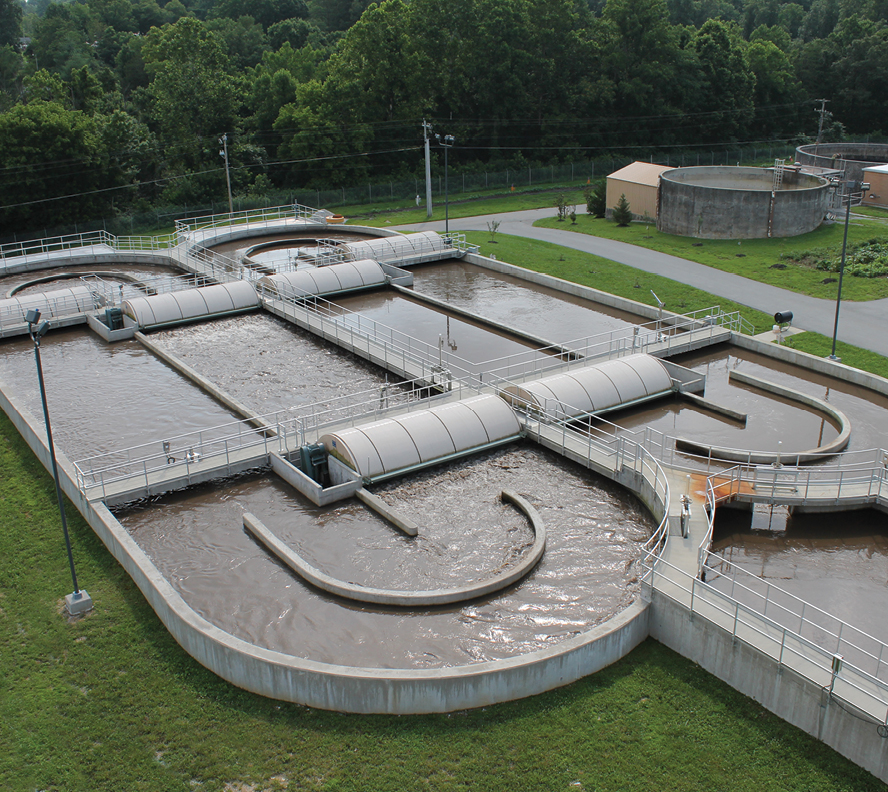

Membrane Bio-Reactors
‘Membrane bioreactor’ (MBR) is generally a term used to define wastewater treatment processes Where a perm-selective membrane, eg microfiltration or ultrafiltration, is integrated with a biological Process − specifically a suspended growth bioreactor.
Universal Advanced Bio Reactor
The UABR is a packaged bioreactor and specifically designed to enhance the biological treatment Capacity of the WashMaster recycle system, whilst delivering simpler operation, less maintenance, lower power and consumables consumption.
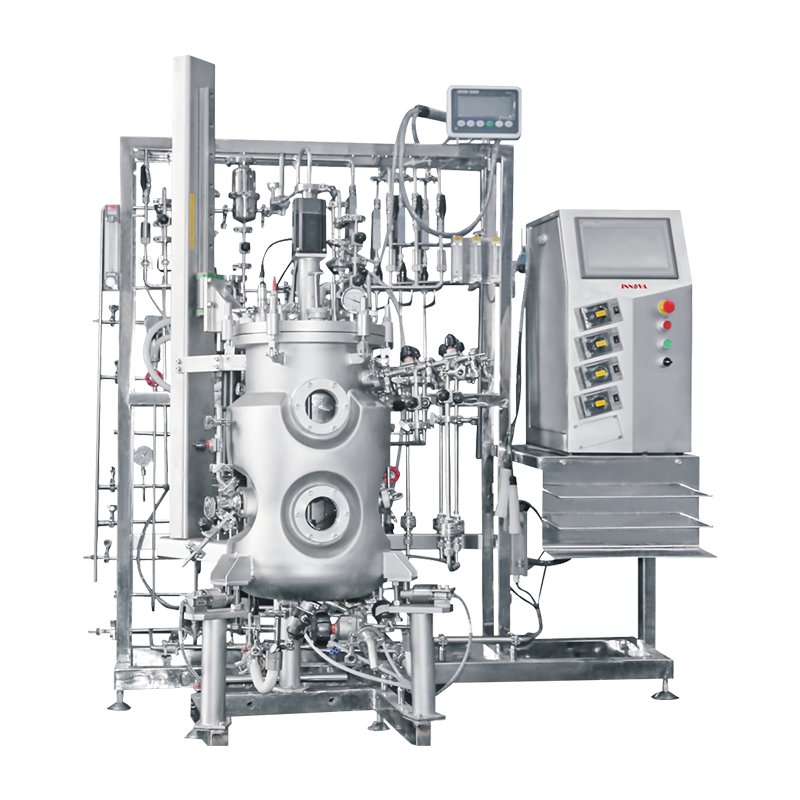
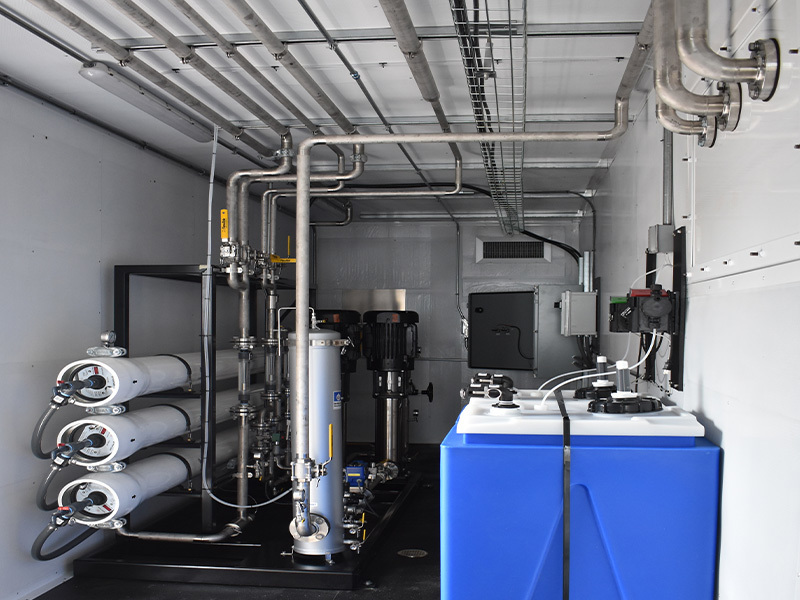
Containerized Systems
Water purification in a container is useful if you want a quick and hassle-free start with mobile water treatment. Whether it's sand filtration, reverse osmosis, ultrafiltration, MBR or other techniques
Screen Filtration
The screen Filtration system catches the water as it comes out of the sink, sending it through six stages of filtration for the optimal clean water.
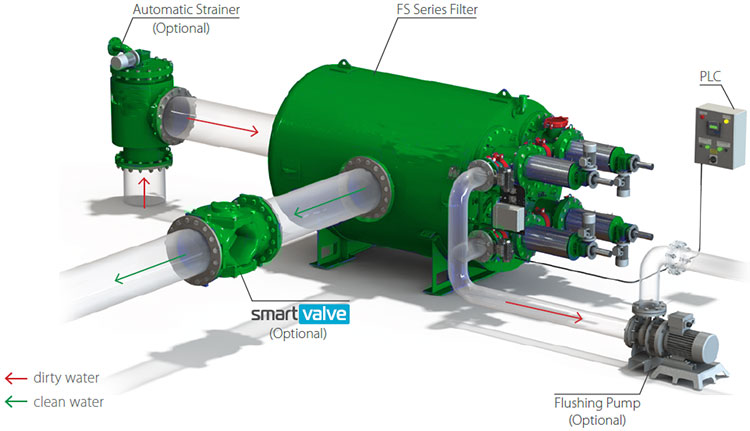
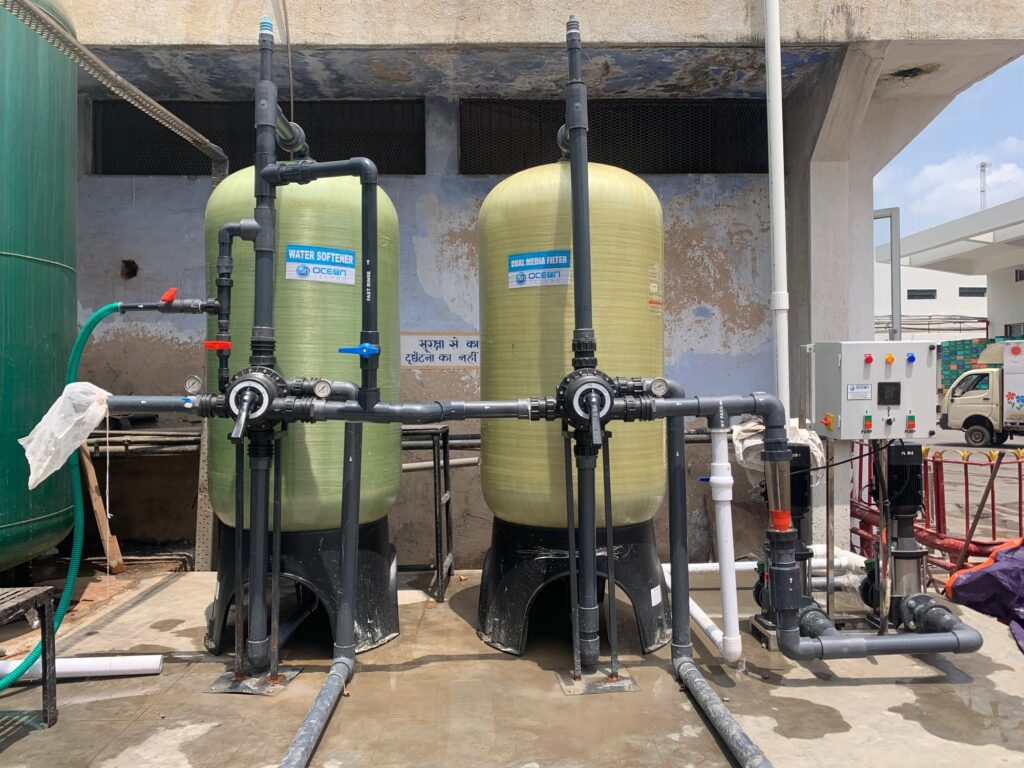
Water Softening
Water softening, the process of removing the dissolved calcium And magnesium salts that cause Hardness in water. Unlike hard Water, softened water will not form insoluble scale or precipitates In pipes and tanks or interfere with cleaners such as soap. Water Softening is thus indispensable In many industries
UV Technology
Ultraviolet water purification is the most effective method for Ddisinfecting bacteria from the water. Ultraviolet (UV) rays Penetrate harmful pathogens in your water and destroy illness Causing Microorganisms by attacking their genetic core
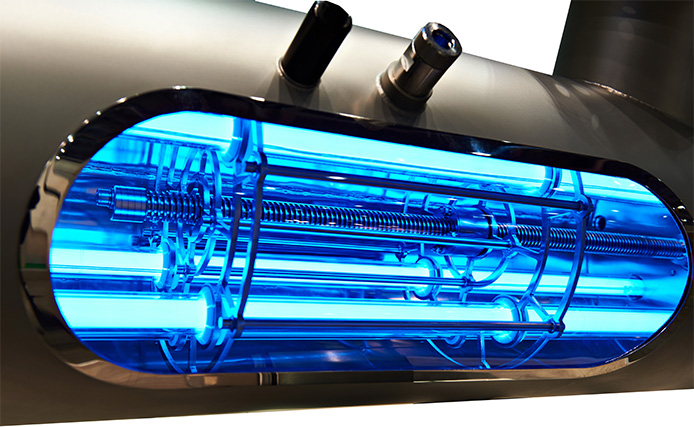
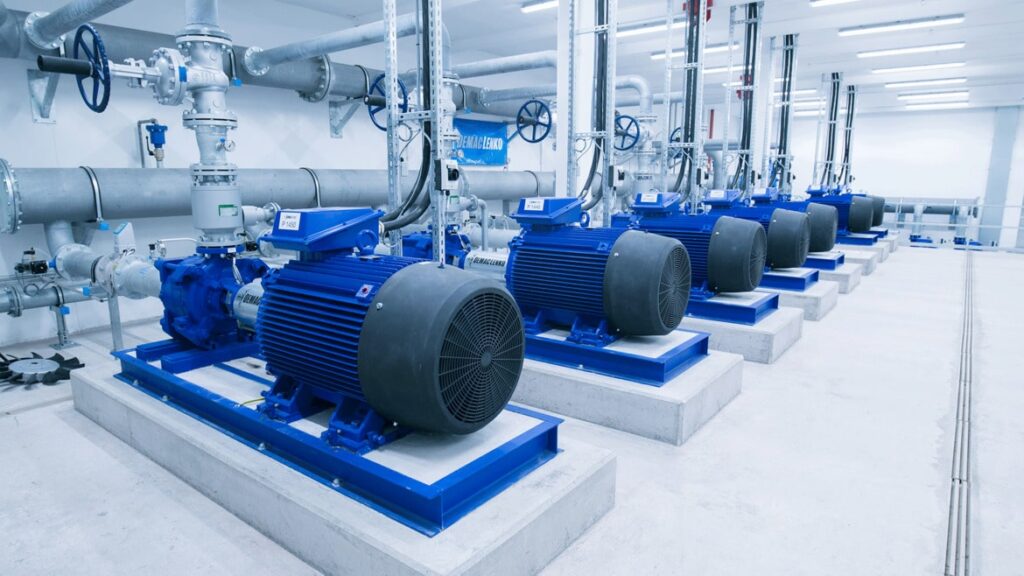
Pump Stations
Water pumping stations are machines that can be used to transport Water from one site to another, Without needing direct human Input. These devices can supply water to canals, circulate Water in Treatment systems and can even drain water from low lying land
Chemical Monitoring
There are many ways to monitor water conditions. Monitoring Specialists sample the chemical condition Of water and sediments To determine levels of key constituents such as dissolved oxygen, Nutrients, metals, Oils, and pesticides
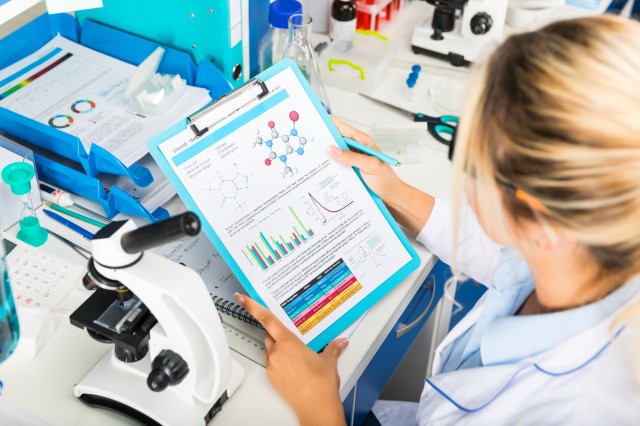
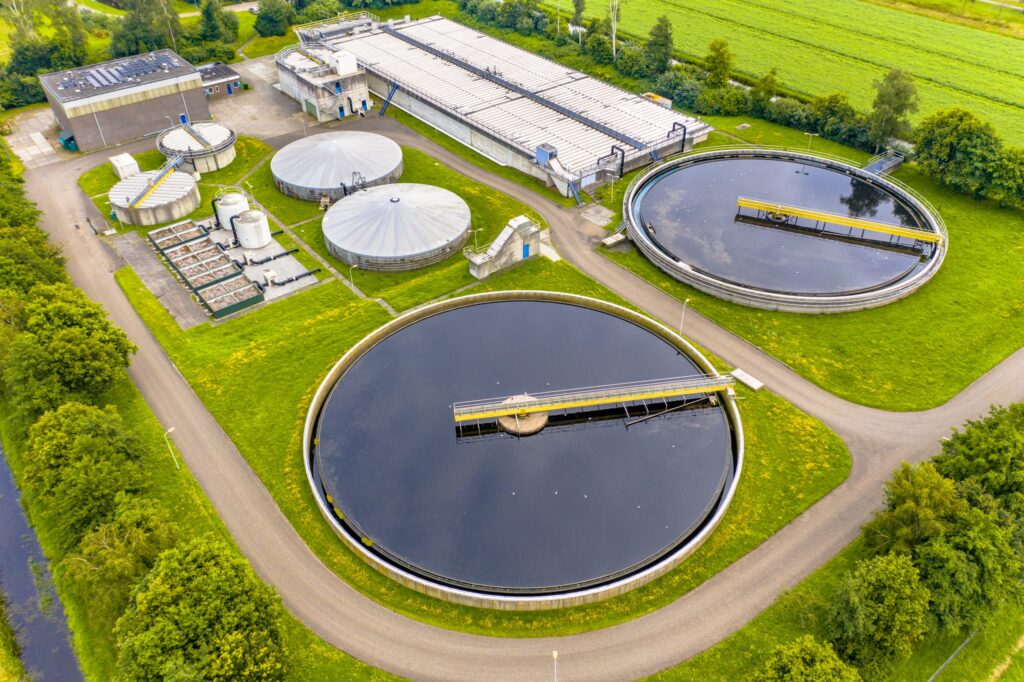
Sewage Treatment
Wastewater treatment is a process used to remove contaminants From wastewater and Convert it into an effluent that can be Returned to the water cycle. Once returned to the Water cycle, The effluent creates an acceptable impact on the environment
Reticulation Systems
Water reticulation systems are water distribution networks Which have to be collected and then treated Before Distributed to the consumer.
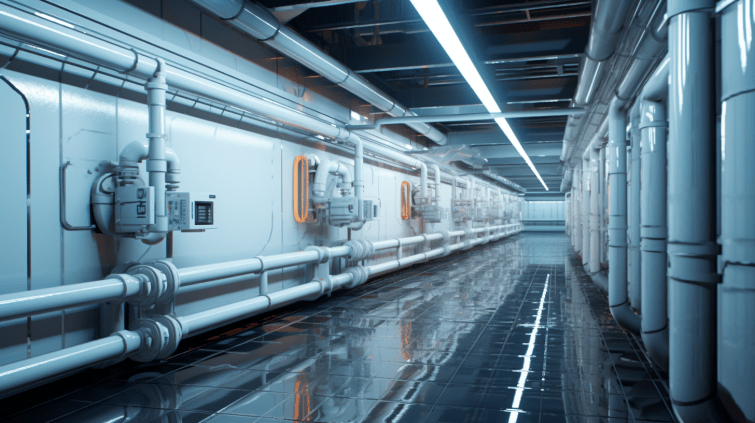
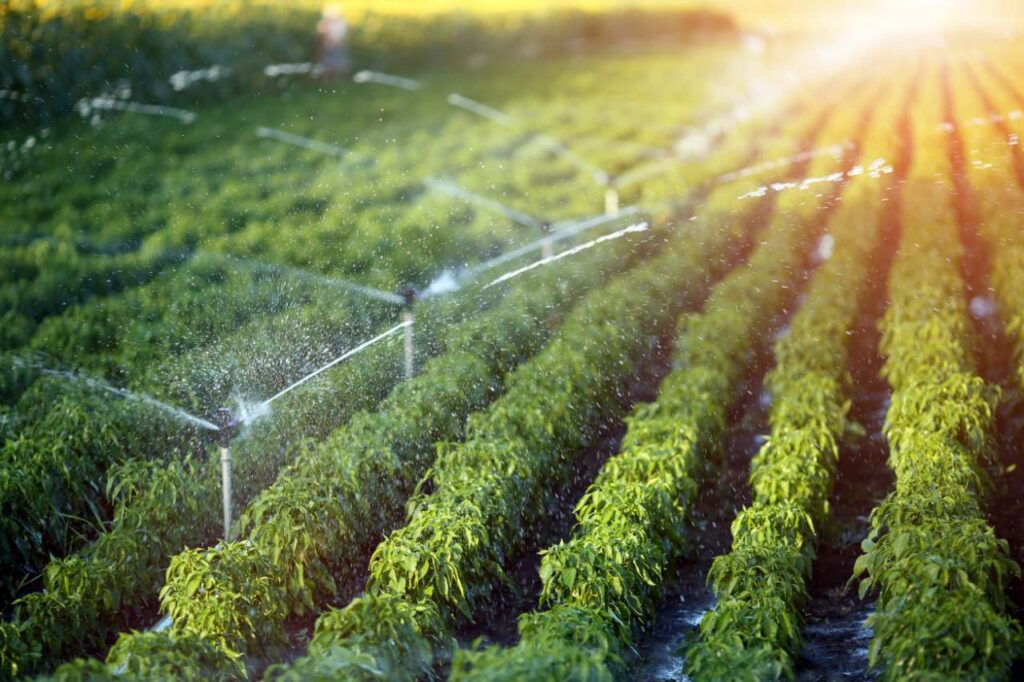
Irrigation Systems
Sprinkler or Spray irrigation is the method of applying water to A controlled manner in that is similar to Rainfall. The water is Distributed through a network that may consist of pumps, Valves, pipes, and Sprinklers. Irrigation sprinklers can be used For residential, industrial, and agricultural usage.
Reverse Osmosis
Reverse osmosis removes contaminants from unfiltered Water, or feed water, when pressure forces It through a semipermeable Membrane. Water flows from the more concentrated side of the RO Membrane to the less concentrated side to provide clean drinking water
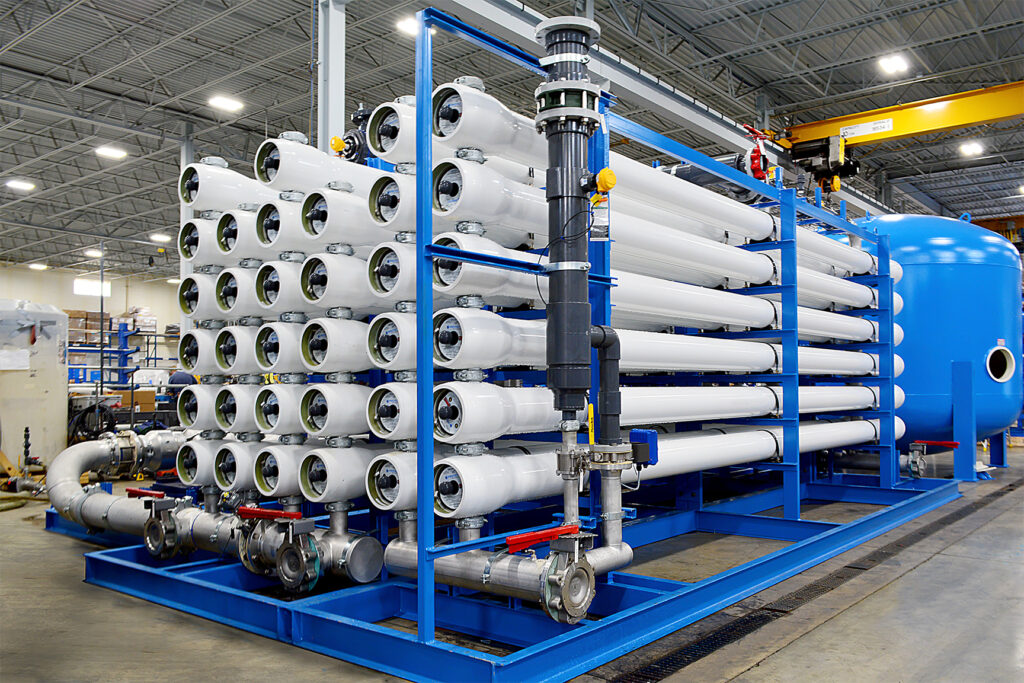
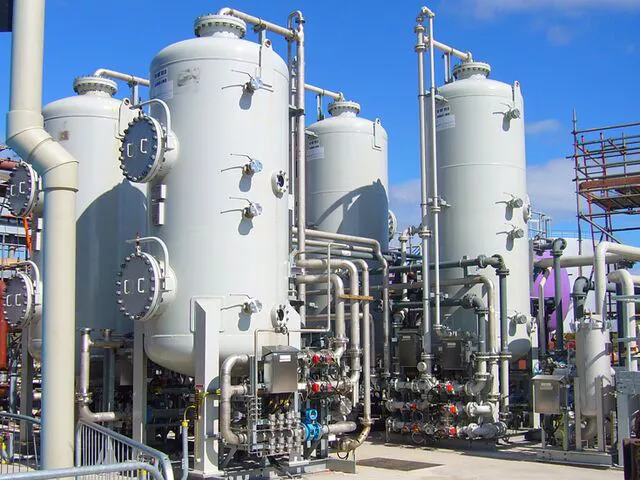
Ion Exchange
Ion exchange is a water treatment process commonly used for Water softening or demineralization, But it also is used to remove Other substances from the water in processes such as dealkalization Deionization, denitrification, and disinfection.
Carbon Absorption
Carbon absorption is a widely used method of home water Treatment because of its ability to improve Water by removing Disagreeable tastes and odors, including objectionable chlorine. Activated carbon effectively removes many chemicals and gases
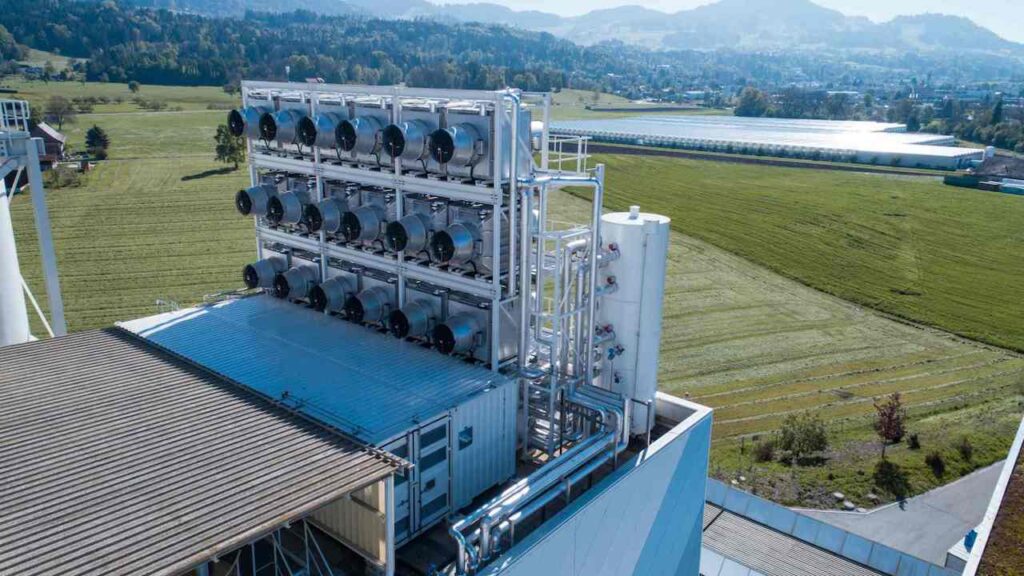
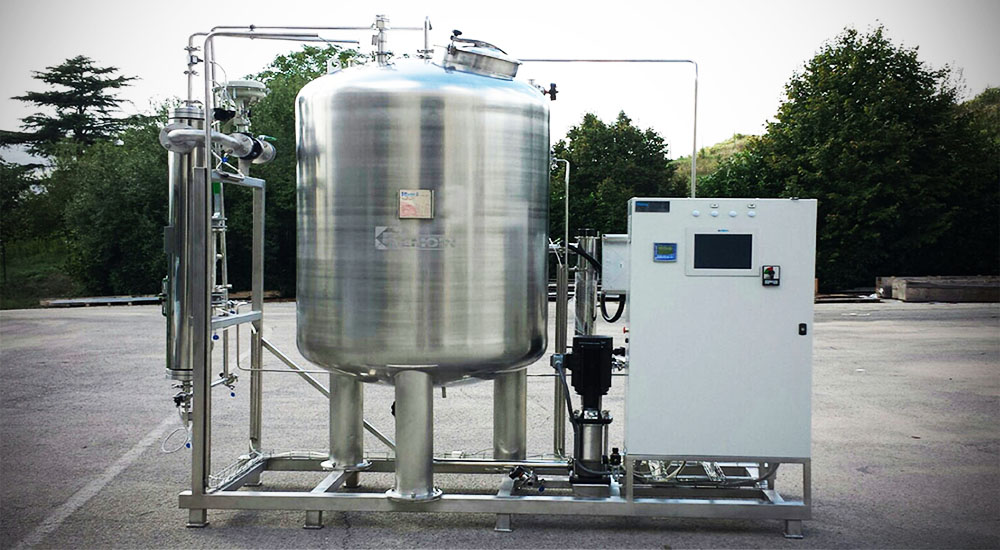
Ozonation
Ozonation (also referred to as ozonisation) is a chemical water Treatment technique based on the Infusion of ozone into water. Ozone is a gas composed of three oxygen atoms (O3), which is One of The most powerful oxidants
